Welcome to Truth Be Told, the weekly food and fitness newsletter published by The Whole Truth Foods.
Hi there, this is Samarth Bansal, your Editor, and my turn to write the newsletter today.
In the first piece I wrote for this newsletter—that was two years ago—I argued why weight loss is a rigged game. Those were my lessons from my seven-month-long fitness journey in 2020-21. (Do check it out if you haven’t.)
The weird thing about fat loss information is that there is only a limited set of things you really need to know, yet there is just so much noise that if we make this newsletter only about fat loss, I know exactly what I can publish every week for the next one year.
Meanwhile, readers (and my friends) always keep asking the basics. So a few months ago, I sat down and wrote a 10,000-word master guide on fat loss—which, even by our standards of long-form, was too long, I was told. So… that stays in my drafts. (Is there any demand for this? Should we publish that guide? Just teply to this email if you think we should?)
Anyhow. As much as I want to keep screaming that a fitness journey is not just a fat loss journey and health doesn't just mean your body weight, we know this is where so many of us start and learn to care about nutrition. So over the coming months, we will publish special issues focused on fat loss.
I'm starting today with five big myths you might have heard.
Myth 1: Calories are all that matter for fat loss
I started with the trickiest one. Because you know what? What I am calling a myth is actually true. At the end of the day, calories are what matter.
It’s simple: to lose fat, you must consume fewer calories than you burn. You need to maintain what we call a ‘calorie deficit’.
This is non-negotiable and the primary driver of fat loss. None of the other fancy things people do or say you should do will work if you don't maintain a calorie deficit.
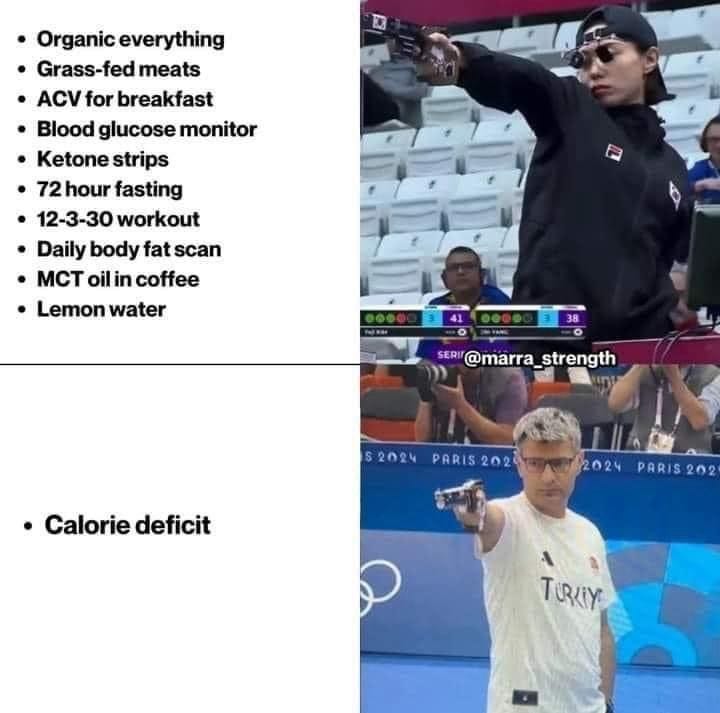
What's often lost when we fixate on calorie numbers is a crucial part of the equation: the source of the calories and how your body responds to it—which, in effect, shapes how sustainable your fat loss journey will be.
Think about this. Say the calorie budget for your fat-loss diet comes around 1600 calories. Now theoretically speaking, you could eat three McDonald's Aloo Tikki Burgers (~330 cal each) and a Snickers bar (~500 cal) for the day and you should be good. Because this 'diet' is under 1600-calories—right in your budget. And this will (most likely) work.
But—and no surprises—you'll likely end up miserable, hungry, and nutrient-deprived.
That's the simple point: in the context of fat loss, it's not just about eating less but eating better i.e. a diet rich in complex carbs, fibre-rich foods, healthy fats, and adequate protein.
I learned this the hard way: as I wrote in my earlier piece, so much of fat loss feels like a game where you have to manage appetite, cravings, and hunger. That’s where some scientific understanding of the impact of different macronutrients helps.
For example, protein and fibre-rich carbs are more satiating, so for the same amount of calories, 100 calories from protein will help you feel fuller for longer than 100 calories from refined carbs like maida.
That's why so much focus on whole foods which typically contain more fibre and water, which contribute to feelings of fullness without adding more calories. So don't ignore food quality when counting calories.
Myth 2: You need to cut out entire food groups (like carbs or fats) to lose fat
You’ve heard it before.
Eating fat makes you fat. Umm.. wrong.
Or carbs are the devil. Also wrong.
Look, I get it. There is this allure of diets that demonises entire food groups. They offer a simple, black-and-white solution in a world of nutritional grey areas. Just leave everything XYZ and you’ll see results. Or you are not seeing results because hey, you are still eating bread?! Or OMG you just had that cookie which has 4gms of sugar and what a crime you have committed while on fat loss.
When we do this, it feels like we are ‘doing’ something. You feel like you are on a ‘diet’—you are doing something special that people around you are not.
But from my experience—and many others I know—sustainable fat loss isn't about anything fancy and is rarely about elimination. It’s about balance.
So let’s get this straight:
Carbs aren't the enemy: Your body actually prefers them as its primary energy source. The problem arises when we overeat refined carbs like white bread and sugary snacks. Or when your portion size of carbs significantly outnumbers other nutrients. Or all you are having all day are carbs. There is a big difference between these scenarios. Eat in moderation, and eat more complex carbs and less refined carbs. (That’s why whole wheat bread is better than the white varieties.)
Fat doesn’t make you fat: This common misconception stems from the old "low-fat" diet craze, but dietary fat is actually essential for our bodies. It's crucial for hormone production, nutrient absorption, providing satiety, and supporting brain function. The key is choosing healthy fats in moderation.
Just remember that fats are calorie-dense (9 calories per gram compared to 4 for carbs and protein) and manage intake accordingly.
The point always is: eat in your calorie budget, eat quality foods, and don't demonise anything. If eliminating a food group helps you maintain your plan, good for you. All I am saying: this is not necessary.
I followed—and still follow—the 80-20 rule: 80% of calories from more nutritious foods and 20% from less nutritious ones. This allowed me to enjoy deep-fried pakoras on rainy days or a slice of pizza occasionally without derailing my progress. What I like about this approach is that it doesn’t screw my relationship with food.
Myth 3: Cardio is the key to fat loss
Sorry to break this to you, but that exhausting-yourself-to-death kind of running isn't the fat-loss miracle many believe it to be. Trust me, I've been there – stuck with gym trainers who made me look like a hamster on a wheel, running like my life depended on it.
Here's the deal: That hour-long run? It might burn 300-400 calories. Sounds good, until you realise that's roughly equivalent to one McAloo Tikki burger. One post-workout snack, and poof! – all that effort goes up in smoke (or should I say, down in digestion?).
That's point one. You can't outrun a bad diet. Exercise supports fat loss, but your nutrition is the primary driver.
I strongly recommend reading this excellent piece in Vox for more details.
And when you’re choosing what exercises to do, strength training should be the cornerstone of your plan.
In simple terms, strength training is like giving your muscles a workout to make them stronger. It involves using weights, resistance bands, or even your body weight to challenge your muscles. Imagine doing push-ups, lifting dumbbells, or pulling on a resistance band—these activities all count as strength training.
The idea is to push your muscles a bit beyond what they're used to. And as you keep doing it, your muscles grow stronger and bigger to meet these demands.
And this is a more critical component of your fat-loss plan than cardio. Here’s why:
First, it builds muscle: Muscle is metabolically active tissue that burns calories even at rest. Meaning the more muscle you have, the more calories your body burns all day—not just when you're sweating it out. Just by existing.
Second, it also preserves muscle when you are in a calorie deficit: When we lose weight, we lose both fat and muscle. But we don’t want to lose muscle. We want to lose fat. When you strength train, you are signalling your body that “hey, I really need that muscle, so don’t touch it, please!” — something like that.
Third, it transforms your shape and physique: You look more toned and defined as the fat comes off.
So if you have to choose only one form of workout, strength training it is. (Also, it’s a big myth that strength training is only for young men—it's beneficial for everyone, including women and older adults.)
Don't get me wrong—cardio isn't useless. It's great for heart health and overall fitness. But if your primary goal is fat loss, strength training should be your priority.
Myth 4: You can spot-reduce fat
Oh gosh. Are you the one who did countless crunches, convinced you were melting away your belly fat? And then, boy, it didn't work?
If so, welcome to the club. We've all painfully learned that the idea of spot reduction – losing fat from specific areas through targeted exercises – is one of the most persistent myths in fitness. It's like trying to empty a swimming pool with a teaspoon – from just one corner.
It doesn’t work like that.
Fat doesn't melt away from specific body parts just because you exercise them. Your body doesn't work that way. When you lose fat, it comes off from all over your body, not just the areas you're targeting with exercise.
Where you tend to lose fat first (or last) is mostly decided by your genes and hormones. Some people might lose belly fat easily, while others see changes in their face or arms first. You can't control this order through exercise.
To see muscle definition in a specific area, you need to lower your overall body fat percentage. Which requires a calorie deficit. Focusing only on ab exercises, for example, won't give you a six-pack if you still have a high body fat percentage.
Does this mean those crunches and squats are useless? Not at all! These exercises target specific areas to strengthen and tone the muscles in that area.
So while they won't burn fat specifically from that region, they can help improve muscle definition as you lose fat overall.
Myth 5: Fat burners are the secret to fat loss
Let's face it: at some point, many of us have been tempted by those flashy ads promising "Lose 10 kg in 10 days!" or "Burn fat while you sleep!" – you know, the idea that there are magical pills, powders, or potions that will make you fit.
Spoiler alert: there aren't! (If there were, we'd all be walking around looking like Greek gods and goddesses, wouldn't we?)
Look, I get it. The idea of popping a pill and watching the kilos disappear is incredibly appealing. But here's the truth: if such a miracle solution existed, we wouldn't have an obesity crisis.
Most often, these "fat burners" come in the form of supplements or refer to properties of foods that claim to boost your metabolism, reduce fat absorption, or increase fat burning. Think green tea extract, CLA, or whatever new trendy thing you might spot in some corner of the internet.
Here's the kicker: even if these do anything — and that's a big if — the effects are usually so small you'd need a microscope to see them.
Take green tea, for example. Yes, it contains compounds that might slightly boost your metabolism. But slightly is the key word here. We're talking about a few extra calories burned per hour. That's about it. You'd get more benefit from a brisk walk around the block.
And when it comes to fat-burner supplements, most are poorly regulated, so you don't even know if they do anything at all. Or worse, what else might be in them?
See, if there were a magic pill or supplement that safely and effectively burns fat, we'd all know about it. It would be front-page news, not hidden in the depths of Instagram reels. (There's a reason why Ozempic is making headlines while these other "miracle" solutions remain obscure.)
The hard truth is this: sustainable fat loss comes down to the boring basics. Eating in a calorie deficit, focusing on nutrient-dense foods, and staying active. It's not sexy, it's not exciting, but it works. (And unlike those miracle pills, it won't leave your wallet feeling lighter than you!)




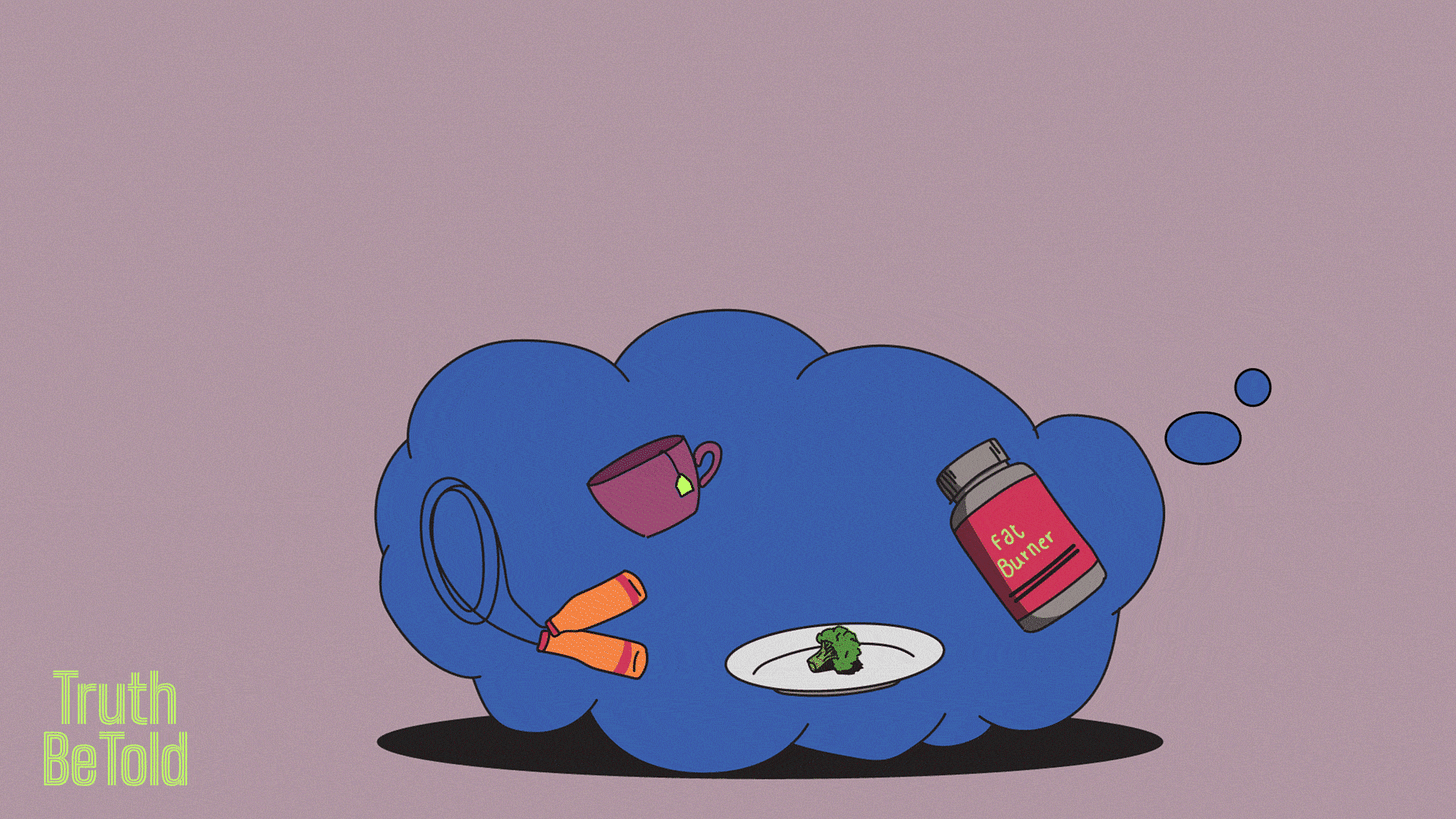

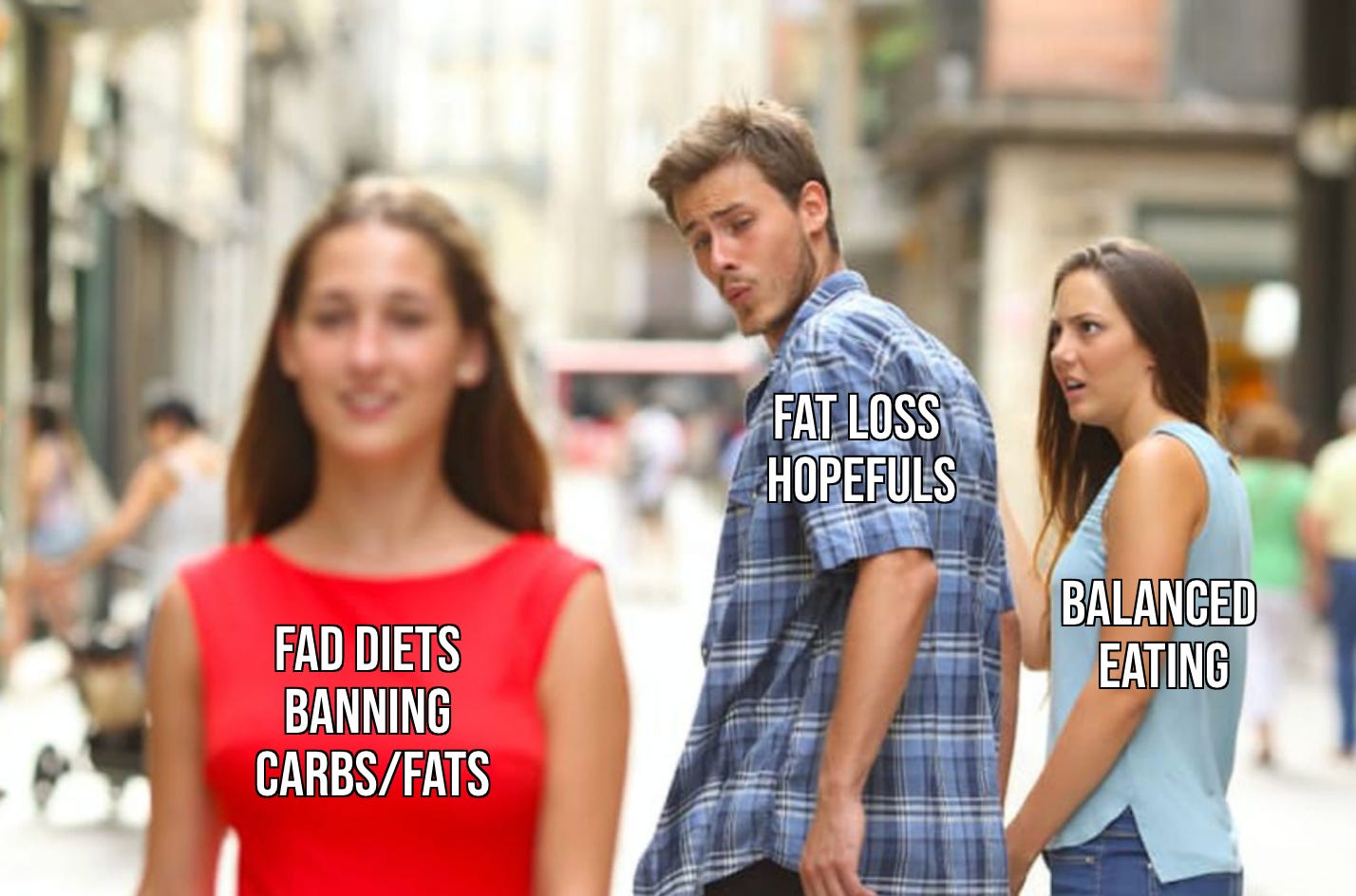
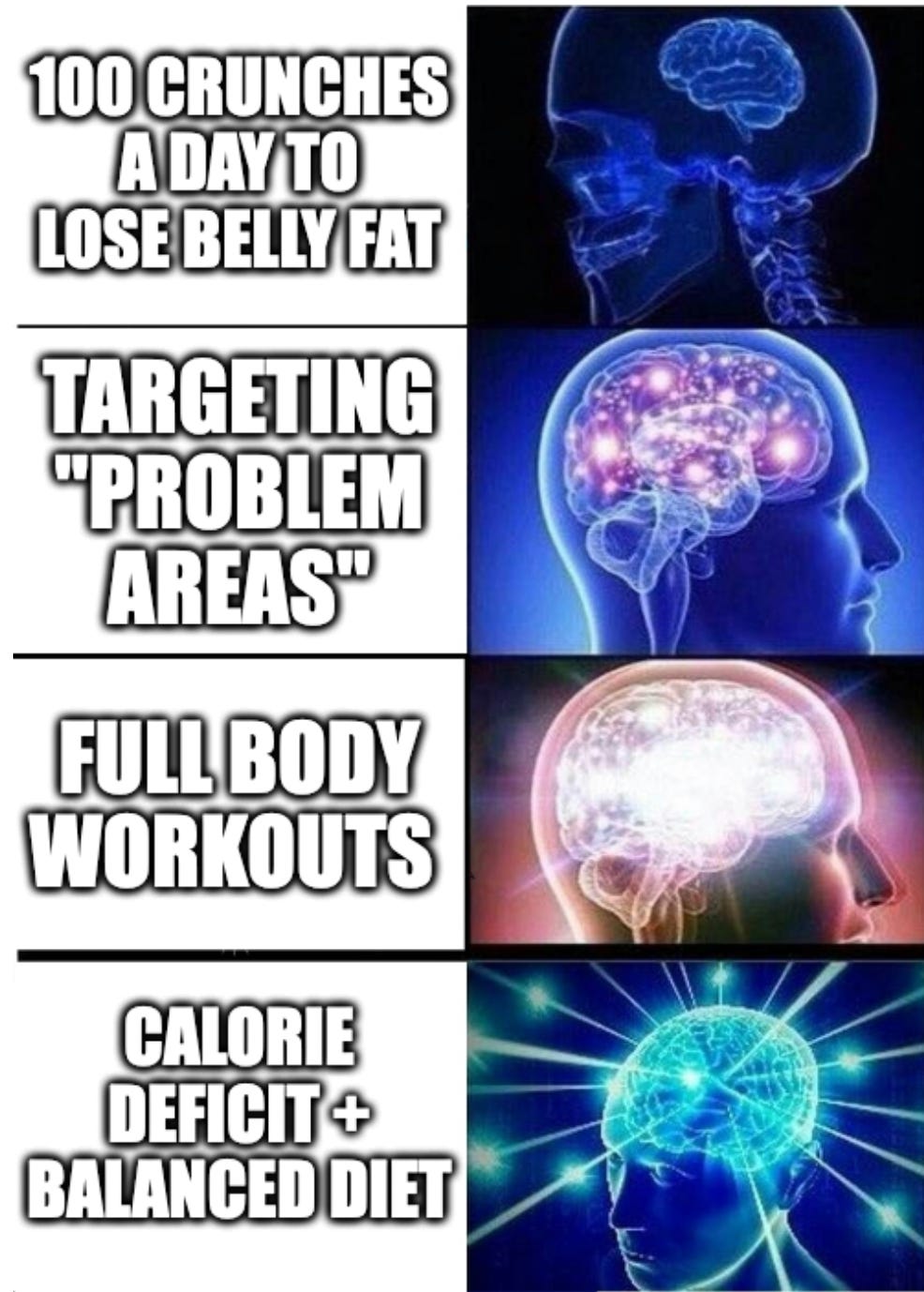
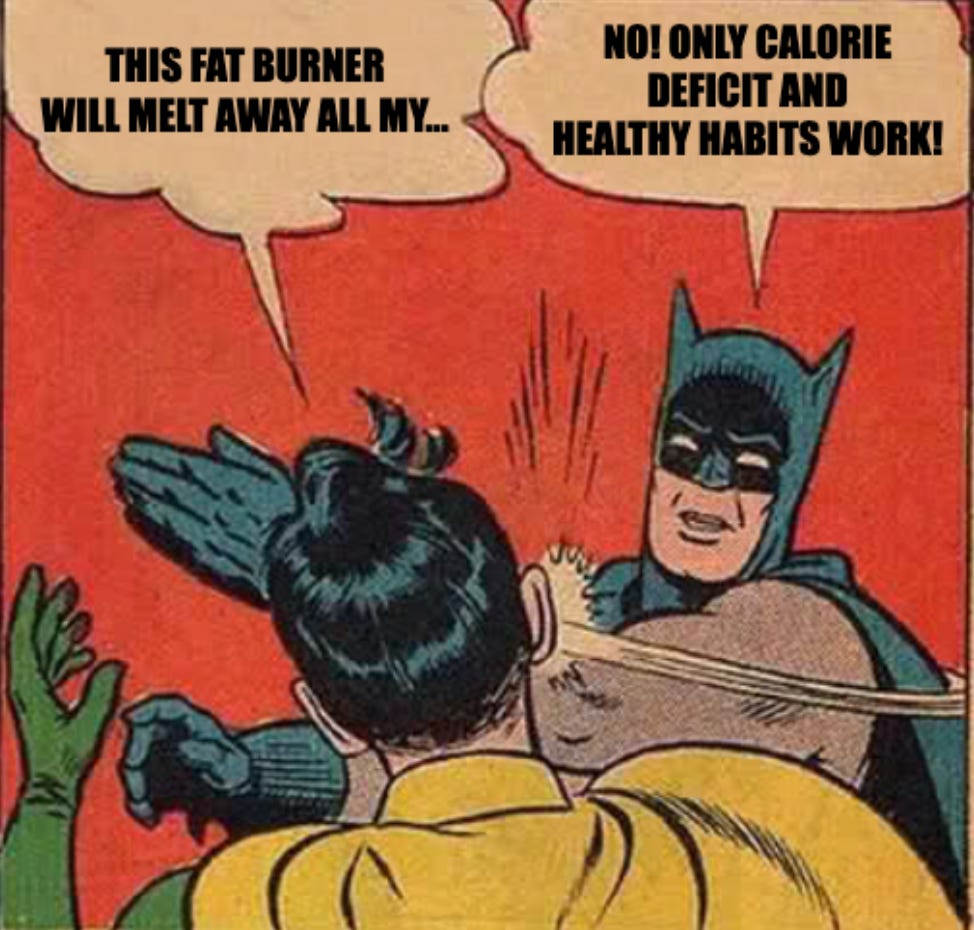
great
Just finished reading, lovely read!